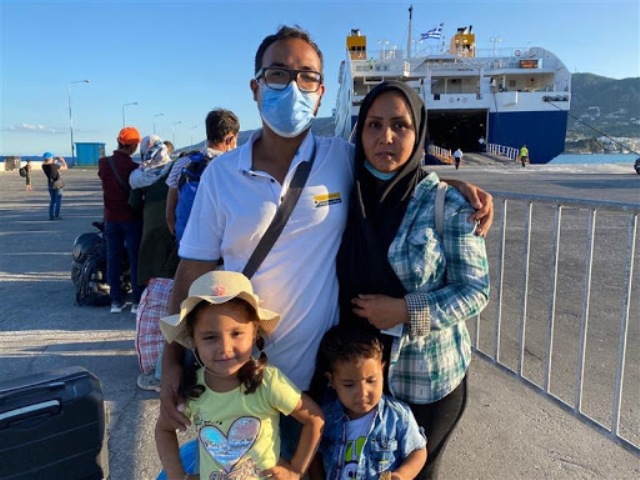UN expert urges Mexico to legislate human rights guarantees for IDPs
The expert said it is essential that IDPs participate fully and effectively in decisions that affect them and that their specific and differentiated protection needs are considered.

A UN expert has urged the Mexican government to legislate human rights guarantees for internally displaced persons (IDPs) and to allocate adequate funding for their protection and durable solutions.
After ending her visit to Mexico, Cecilia Jimenez-Damary, UN Special Rapporteur on the human rights of internally displaced persons, said various institutions and levels of government must be able to help prevent displacement and protect victims. She also asked the government to create a federal registry of internally displaced persons and to allocate a sufficient budget to provide comprehensive assistance to them.
“Although it is necessary to create a unique IDP federal registry, in addition to registries at State level, it should include not only those who have been legally recognised as victims but also those who do not have this legal recognition but are de facto displaced,” Jimenez-Damary said, as presented her preliminary observations from the country visit.
“Registration should not grant any legal status but should be for the purpose of facilitating protection and humanitarian assistance in accordance with the individual and collective needs of IDPs.”
The expert said it is essential that IDPs participate fully and effectively in decisions that affect them and that their specific and differentiated protection needs are considered.
The Rapporteur visited the states of Chiapas, Chihuahua, Mexico City and Guerrero. She met with officials from the executive, legislative and judicial branches at the federal and State levels, civil society organisations, autonomous human rights bodies, diplomatic corps, UN agencies, and other international organisations.
She heard from internally displaced persons, and in communities affected, how violence, agrarian conflicts, sometimes related to development projects, mining, illegal logging and disasters forced people to move. In addition, she saw the impacts of displacement on women, relatives of disappeared persons, members of indigenous peoples and communities, journalists, human rights defenders, and members of the LGBTI community.
A full report on the visit of the Special Rapporteur will be presented to the Human Rights Council in June 2023.
- READ MORE ON:
- Mexico
- Cecilia Jimenez-Damary










